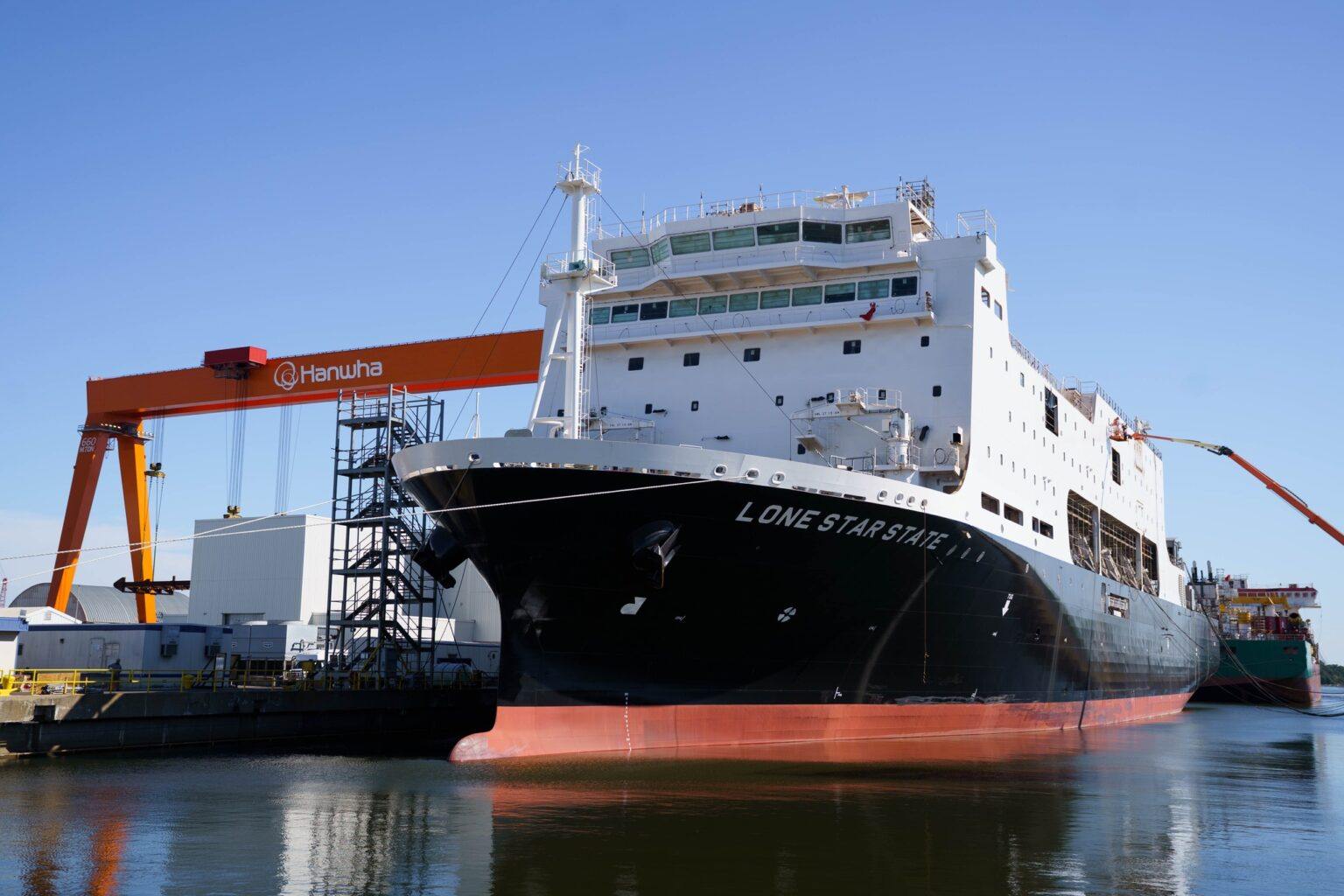Copyright trinidadexpress

I am compelled to write following the significant, though not surprising, news that Venezuela has suspended the Energy Cooperation Framework Agreement it shared with Trinidad and Tobago. This agreement allowed for the development of shared and cross-border gas fields between our two countries. While this news is deeply concerning, what truly left me in disbelief was the Prime Minister’s statement that “Trinidad and Tobago doesn’t need Venezuelan gas and never did”. Nothing could be further from the truth. It is no secret that our energy fortunes and thus our long-term economic future are tied directly to cross-border gas development with Venezuela. The fact that this appears to be lost on the Prime Minister should alarm every citizen. Energy experts have often described our gas situation as “walking up a downward-moving escalator”. Every year, as existing reserves decline, new production must come on stream simply to maintain current output levels. Since 2011, when our mature fields began to wane, this has been happening. From a peak gas production of 4.3 billion standard cubic feet (scf) per day before 2010, production fell to 3.3 billion scf by 2015 and now averages roughly 2.6 billion scf per day. Yet, to meet our LNG and petrochemical commitments, we need around four billion scf daily. The math is simple, troubling, and strikes at the core of our economic, fiscal and forex woes. Yes, projects such as Mento, Matapal, and Cypre have added valuable capacity. But they are insufficient to bridge the shortfall. That is precisely where cross-border fields come in. Manatee, a 2.7-trillion-scf field shared with Venezuela, could yield 700 million scf per day by 2027. Dragon and Cocuina-Manakin combined could add another 750 million scf per day by 2028. Together, these projects could restore national output above four billion scf per day, securing our energy future well into the next decade. Now that this framework has been suspended, one must ask: what is Plan B? Where will we find the additional gas between 2026 and 2030 and beyond to meet our industrial and export needs? The hard truth is: no other development in Guyana, Suriname, Tobago or Grenada can replace these resources within that time-frame. Without them, production will fall further, and shortages will continue to cripple downstream industries, contract our economy, Government revenues and our foreign reserves. Already, we see companies such as Nutrien halting operations due to gas and port-cost challenges. If these pressures persist, others will surely follow. Our entire industrial ecosystem, from methanol and ammonia to LNG, depends on a stable gas supply. While diversification is essential, the non-energy sector is nowhere near ready to replace the foreign-exchange earnings, tax revenue, and employment that energy provides. I am not shocked by Venezuela’s decision, given the deterioration in relations since April 28, but I am deeply disappointed by the Prime Minister’s cavalier dismissal of its consequences. This is far from a trivial diplomatic setback and represents an existential threat to our economy which must be taken seriously. While we aspire to a well-diversified economy and non-energy export-oriented growth, Trinidad and Tobago’s short-, medium- and long-term prosperity is inextricably anchored in energy. To pretend otherwise is to ignore both history and reality. I fear the rash actions over the last six months have upended over 20 years of careful diplomacy and hard work, spanning multiple administrations, including Prime Minister Persad-Bissessar’s first. This rogue and erratic posture can only hurt the Trinidad and Tobago economy and the people it’s meant to develop and uplift.



